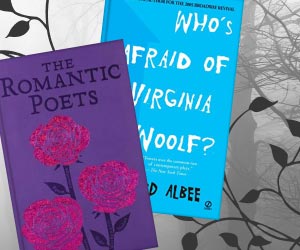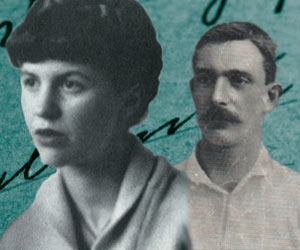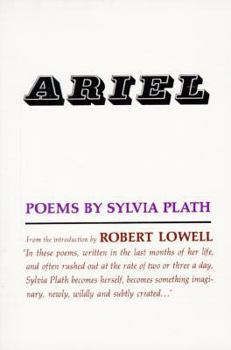Ariel
Select Format
Select Condition 
Book Overview
"Sylvia Plath's last poems have impressed themselves on many readers with the force of myth. They are among the handful of writings by which future generations will seek to know us and give us a... This description may be from another edition of this product.
Customer Reviews
The original Ariel
"The Voice of God": Sylvia Plath's Masterpiece
Pure acetylene
Breathtaking
Ariel Mentions in Our Blog

Taylor Swift's new album The Tortured Poets Department comes out April 19. Swift has a long history of including literary nods in her music and this title suggests her most bookish album yet! In preparation, we're reviewing a few of her poetical references of the past and making predictions about where the new album will take us.

Sixty-five years ago today, Sylvia Plath and Ted Hughes met at a party in Cambridge. Their connection was immediate, powerful, and violent—a portent of their future together. Almost exactly seven years later Plath would die by suicide.







